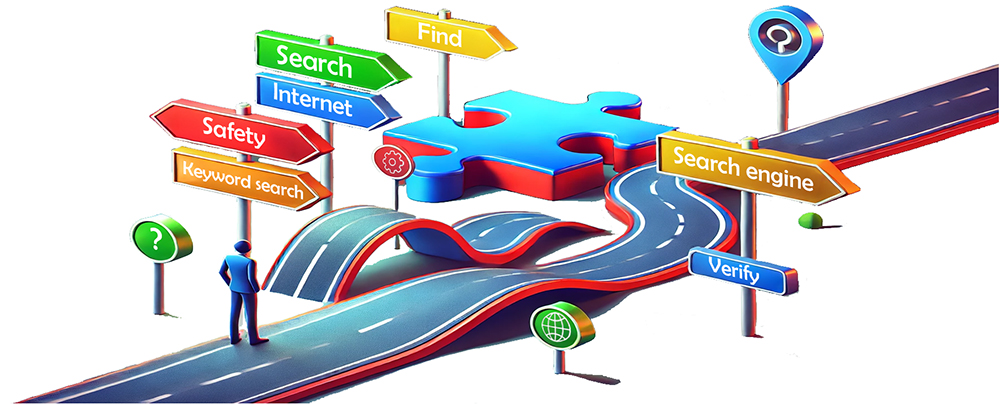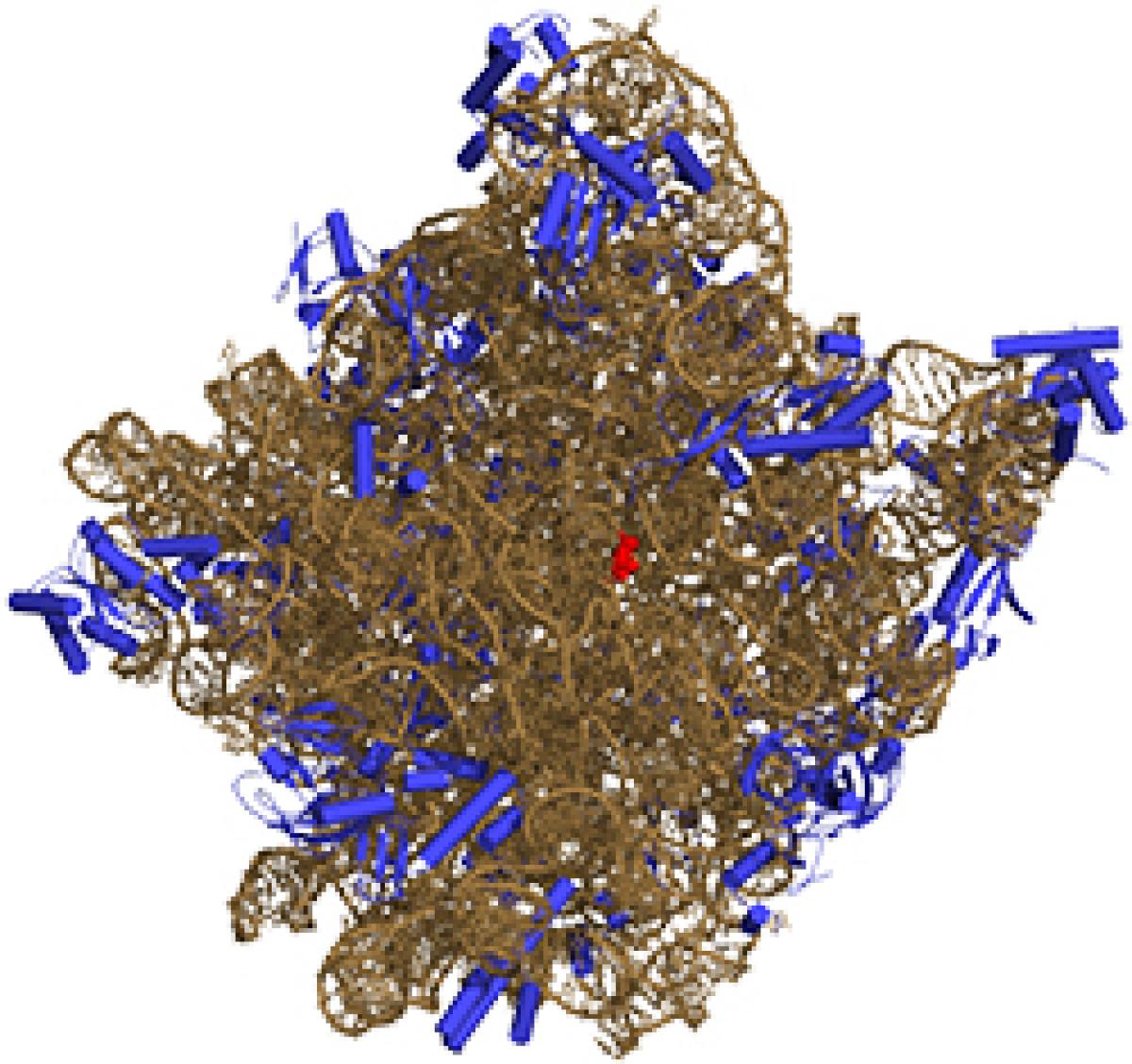Using Wikipedia
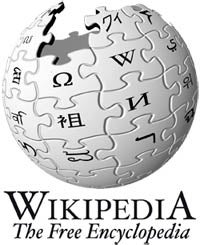 Before the Internet and the Web there were reference materials like encyclopedias and dictionaries. These “old fashioned” books were often used by students when they were required to write a paper for school.
Before the Internet and the Web there were reference materials like encyclopedias and dictionaries. These “old fashioned” books were often used by students when they were required to write a paper for school.
Today there is a giant virtual encyclopedia of knowledge. Wikipedia began in 2001 and soon became a favorite research destination for students. It was free and only a few keyword searches away from information on almost any topic. Now anyone who can get on the Internet and search the Web had this online tool at their fingertips.
Soon this amazing tool was being used and misused by students around the world. The only problem was that many students only used Wikipedia for their papers. After all, it had all the answers and images too. Sounds great, right?
Is Wikipedia a Good Source?
Teachers were quick to catch on to this newest of student shortcuts. In little time this Web tool was no longer welcome in the classroom. Teachers had two common reasons for it being banished as a research and reference source. The first was: how could we trust a source that was created and edited by the world? After all, anyone with a computer, Web browser, and access to the Internet can edit a page in Wikipedia. Second, Wikipedia was blamed for being too good. Like in the past with paper reference tools, students only used this one source for their papers.
Is Wikipedia Reliable?
If a person spends any length of time exploring Wikipedia it is clear that its quality has become very good. Pages that are not well written and backed up by a thorough list of primary references are clearly labeled at the top with a warning.

Try creating or modifying a Wikipedia entry and be prepared for review by many human eyes and also some robots (called bots) that crawl the site looking for incorrect grammar, missing sections, and poorly referenced entries. Over time Wikipedia has grown and its quality of content has improved to a level that matches traditional reference materials. Some might argue that it is better.
Even though the quality of Wikipedia has improved, there is still the second concern of teachers: it is not a primary source. It is just a virtual encyclopedia, even if it is a good one, and students need to do more than visit one source when preparing their papers. So while Wikipedia may provide a good guide to start out with, students should still work to locate primary sources.
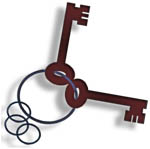 Unlocking the Power of Wikipedia
Unlocking the Power of Wikipedia
Hidden within the millions of topics in Wikipedia are two very powerful, but often overlooked, sections. Let’s take a look at these hidden gems by looking up the biology term macrophage (http://en.wikipedia.org/wiki/Macrophage). This is one type of the good cells in our bodies that keep us healthy. Once the macrophage page is open, the first thing to notice is the Wikipedia section. It does not have any warning sign. That is great. It also has a nice summary of what is on the page in a content box. It lists all the sections and materials that are part of the page. In this case it includes images, illustrations, and some cool movies (media).
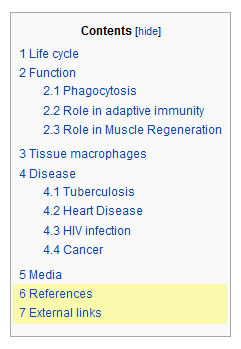 Wikipedia as a Research Tool
Wikipedia as a Research Tool
All of the Wikipedia content is great as an introduction to macrophages, but the best part of the page is actually at the end of the content list and page. This Wikipedia entry includes references and external links. Almost hidden by their location, these two sections are the doorway to primary sources and other respected resources for that perfect “A” paper.
Even if Wikipedia is forbidden by your teacher, the reference section is filled with primary sources and other links. These two sections make Wikipedia a powerful tool. It should be one of your first stops on your quest for knowledge. Just make sure it is not your last.
Read more about: How to Find What You Need on the Internet
Bibliographic details:
- Article: Using Wikipedia
- Author(s): Dr. Biology
- Publisher: Arizona State University School of Life Sciences Ask A Biologist
- Site name: ASU - Ask A Biologist
- Date published:
- Date accessed:
- Link: https://askabiologist.asu.edu/using-wikipedia
APA Style
Dr. Biology. (). Using Wikipedia. ASU - Ask A Biologist. Retrieved from https://askabiologist.asu.edu/using-wikipedia
Chicago Manual of Style
Dr. Biology. "Using Wikipedia". ASU - Ask A Biologist. . https://askabiologist.asu.edu/using-wikipedia
Dr. Biology. "Using Wikipedia". ASU - Ask A Biologist. . ASU - Ask A Biologist, Web. https://askabiologist.asu.edu/using-wikipedia
MLA 2017 Style
Be Part of
Ask A Biologist
By volunteering, or simply sending us feedback on the site. Scientists, teachers, writers, illustrators, and translators are all important to the program. If you are interested in helping with the website we have a Volunteers page to get the process started.

